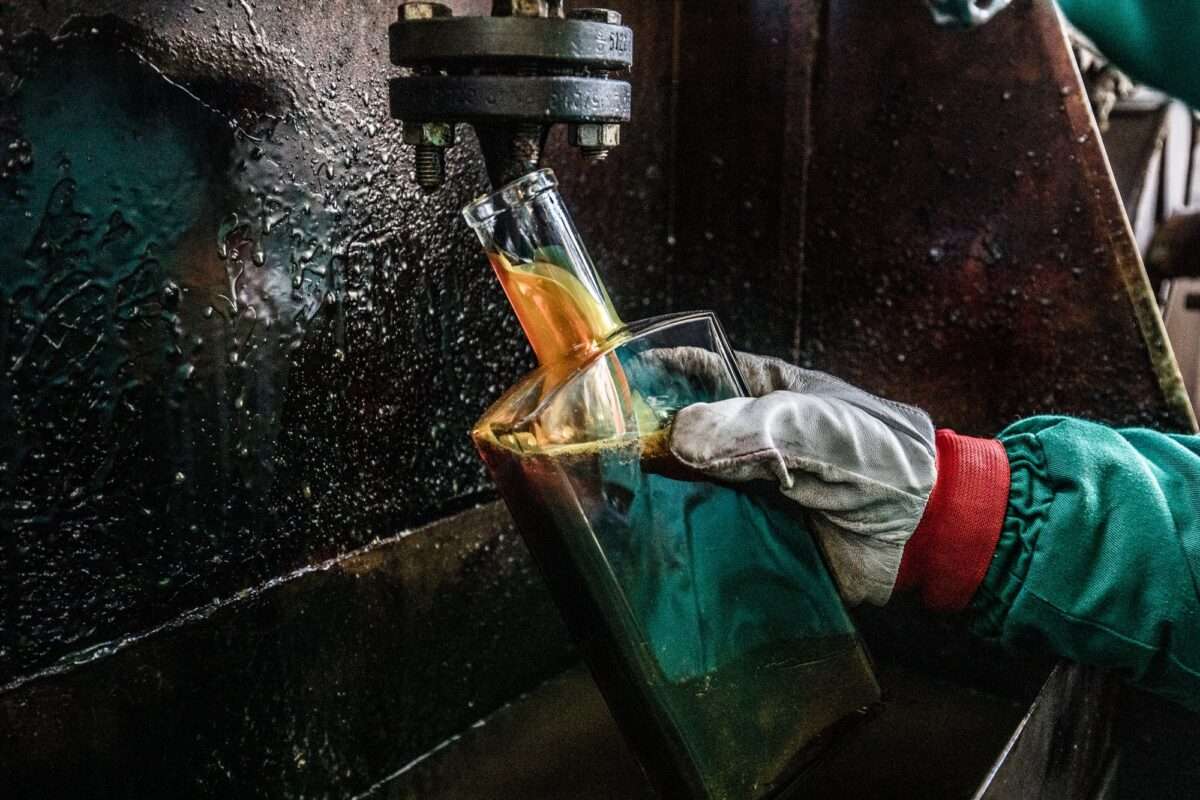OGRA, not OMCs, should have the authority to set oil prices
Refineries and OMCs will become new IPPs after deregulation
Islamabad: On Thursday, the Pakistan Petroleum Dealers Association (PPDA) said it supports the Prime Minister’s decision to end the government’s role in determining oil prices.
It said the Oil and Gas Regulatory Authority (OGRA) should set petroleum product prices, not the notorious oil marketing companies (OMCs).
OGRA is well suited to protect all stakeholders’ professional interests; therefore, it must be empowered, said Hassan Shah, spokesperson for the PPDA.
Giving the authority to determine the oil price to OMCs is like “throwing consumers to the wolves,” he said.
He observed that if the political government stops setting the oil prices, it will not face public criticism for inflating the cost of oil following an increase in its price on the international market.
The government also incurs losses due to fluctuations in oil prices; the only solution is to end its intervention in the oil pricing mechanism completely, he said.
Hassan Shah said that the devaluation of the local currency, the appreciation of the dollar, or fluctuations in the price of oil on the global market will not affect the political government’s reputation once its role in determining oil prices ends.
He said that OGRA can professionally determine oil prices, and petroleum dealers have no objection to it. However, they have reservations about giving this authority to oil marketing companies, which will prove disastrous.
He stated that oil marketing companies are already profiteering and do not miss any opportunity to earn illicit profits. Giving them more power will have disastrous consequences for the country’s economy.
Oil marketing companies have already formed a powerful group and consider it their right to cross the line for ill-gotten gains.
No one can stop this practice of OMCs because the Competition Commission of Pakistan is a toothless body that lacks the capacity and willingness to intervene and investigate important matters, such as the country’s energy security.
Hassan Shah asserts that while Pakistan cannot store oil for more than a few weeks, countries with deregulated oil prices can do so for six hundred to eight hundred days.
He warned that new experiments may harm the economy if the oil supply is not constant.
Complete deregulation of oil prices could lead powerful multinationals to eradicate national institutions such as PSO and PARCO from the market and seize control of essential national resources like fuel, potentially jeopardising energy security closely linked to national security.
He stated that the OGRA should be empowered to set the prices for ex-refineries, ex-companies, and ex-filling stations because this organisation will maintain equilibrium and prevent sector exploitation.
Hasan Shah said that making a hasty decision without consulting the representatives of more than 14,000 petrol pump owners, all oil refineries, oil marketing companies, especially PSOs, and oil tankers can lead to a major disaster.
He demanded that the government conduct a thorough study and evaluate the benefits and implications before deciding.

















